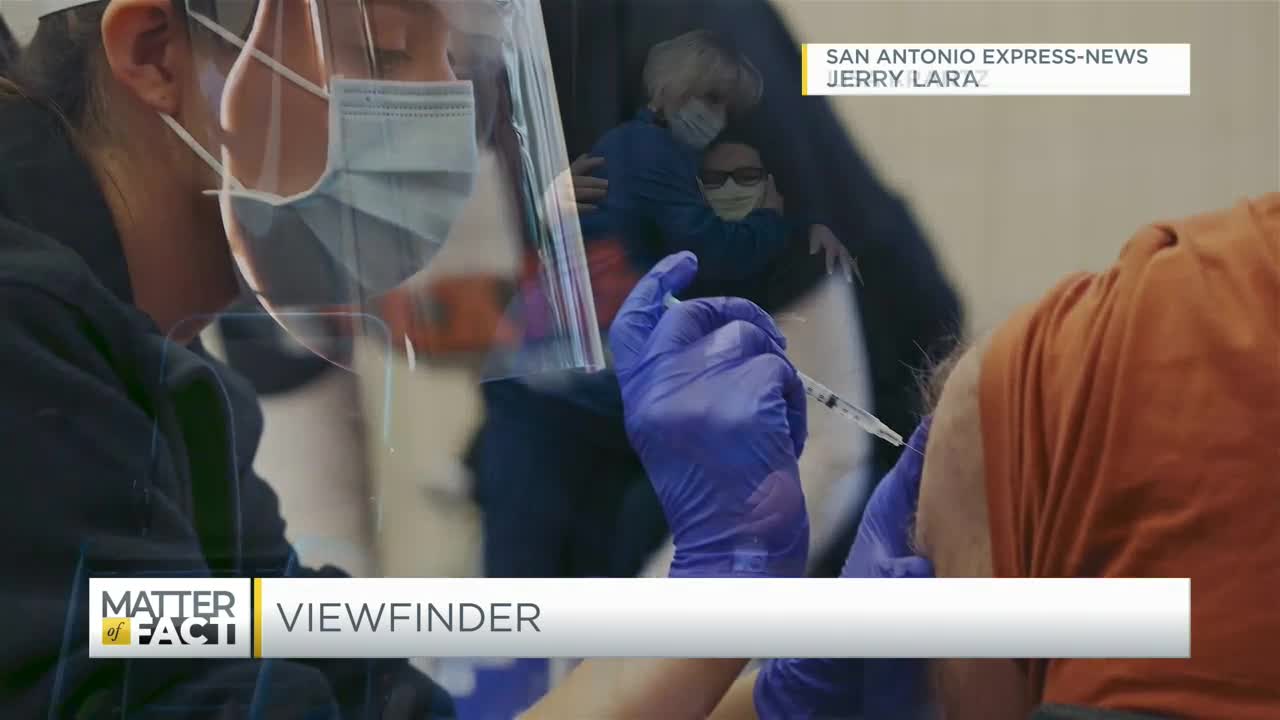
The Alamo Dome in San Antonio, Texas is one of the nation’s many mass vaccination sites where health care workers are racing to get COVID-19 vaccine doses into as many people as quickly as possible. When online reservations opened, all 9,000 shots were booked in just six minutes. See the incredible photos taken inside by the San Antonio Express-News.
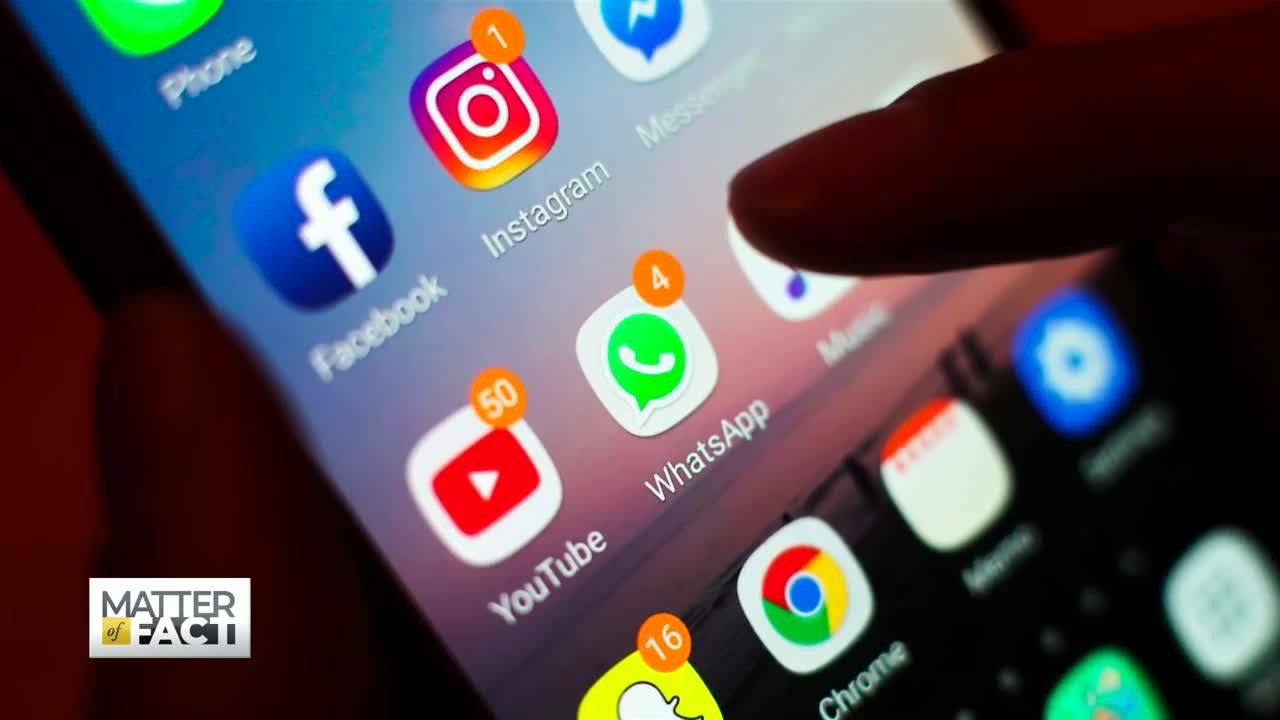
Social media is one of many factors that played a role in the deadly attack on the U.S. Capitol. The riot was openly planned online for weeks, but big tech has allowed conspiracy theories and calls for political violence to run rampant online for years. Olivier Sylvain is a professor of law at Fordham University, researching communication law and policy. Soledad O’Brien talks with him about social media’s responsibility for what we see on their platforms as well as growing questions about First Amendment rights online.
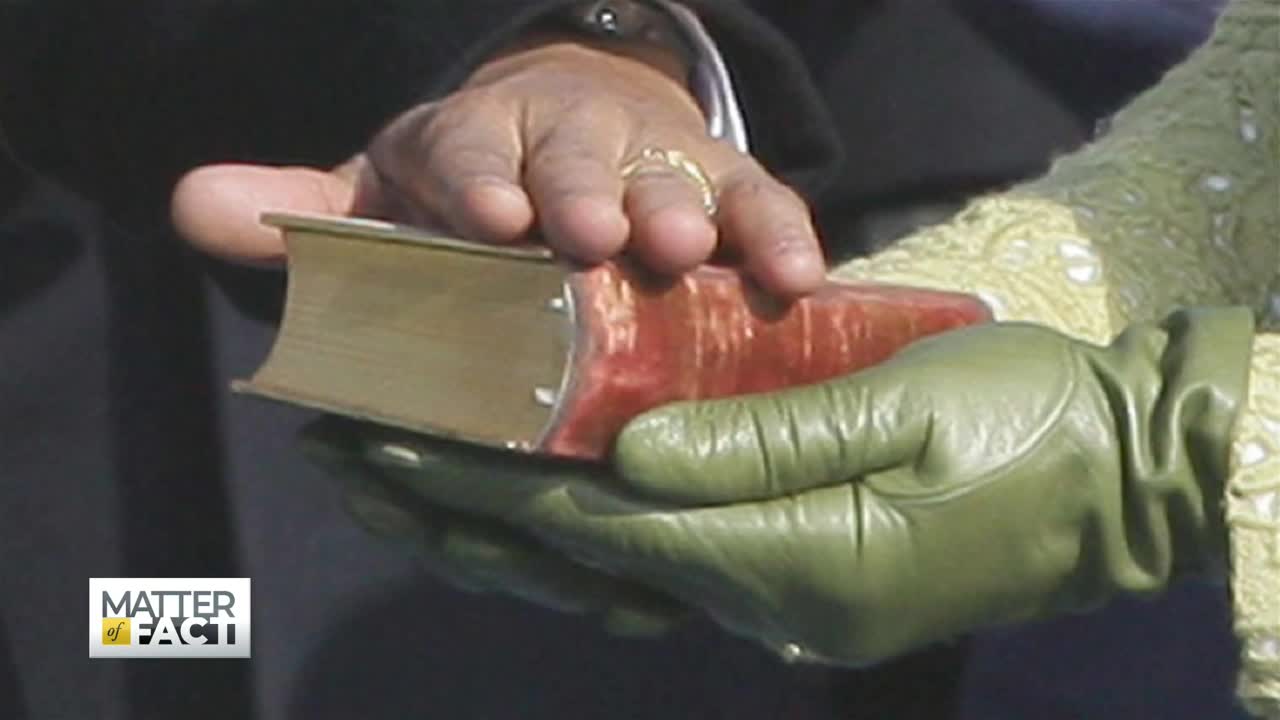
President Donald Trump is now the first U.S. president to be impeached twice. This time, he’s accused of “inciting insurrection” after the deadly attack on the U.S. Capitol building. In a matter of days, President-elect Joe Biden is set to swear the same solemn oath President Trump made four years ago on his inauguration day: “to preserve, protect and defend the Constitution of the United States.” But how do you hold them accountable to that vow? Corey Brettschneider is a professor of political science at Brown University and a visiting law professor at Fordham Law School. He is also the author of “The Oath and the Office: A Guide to the Constitution for Future Presidents.” Soledad O’Brien talks with him about the role of the presidential oath in defending democracy.
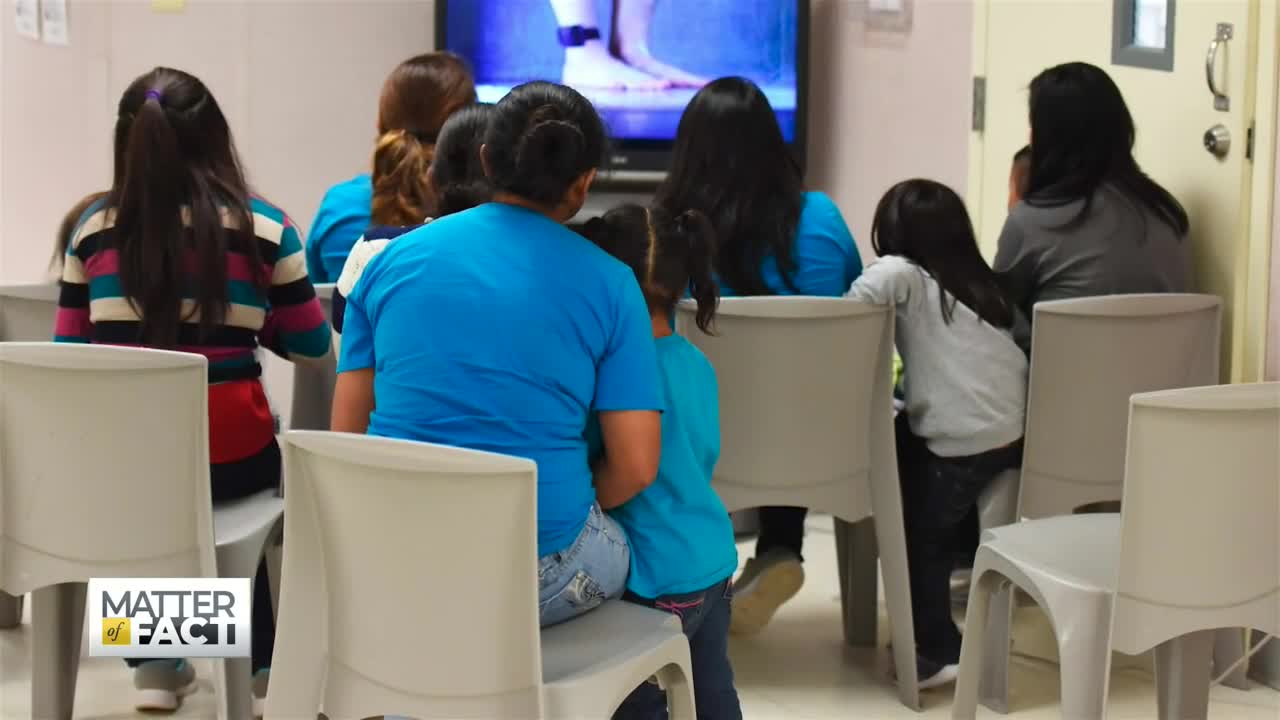
President Elect Joe Biden says on day one of his presidency, he’ll start rolling back some of President Trump’s controversial immigration policies. He’ll also create a task force dedicated to reuniting more than 600 children who were separated from their parents at the border, some whom haven’t seen their families for nearly three years. Thousands of families were separated, a result of Trump’s zero tolerance policy, which criminally prosecuted adults crossing the border illegally. A federal district judge in New Mexico who handles criminal immigration cases, says he wants to be part of that task force. He tells Correspondent Jessica Gomez he wants the new administration and the public to see what he sees every day.
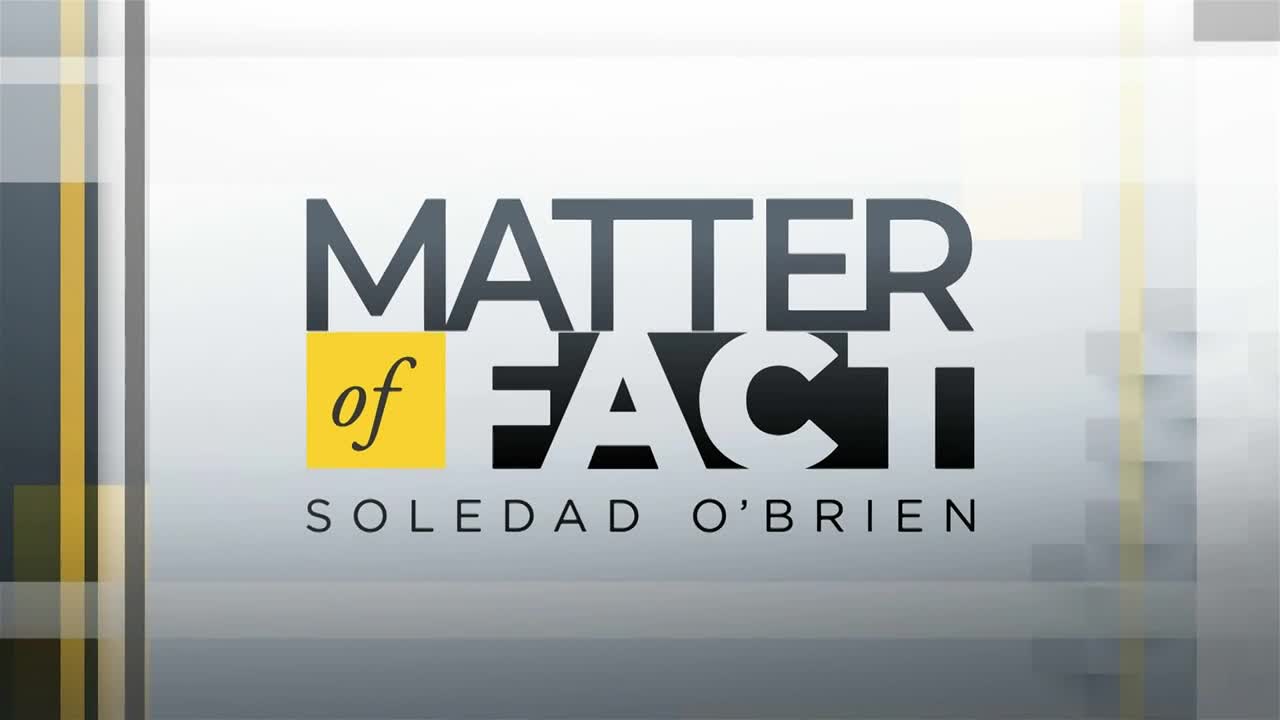
This week on Matter of Fact, Soledad O’Brien speaks with former Representative Bakari Sellers about his recent memoir, “My Vanishing Country.” In it, he calls his father’s arrest, 16 years before his birth, the most important day of his life. Then, how do you combat bias in law enforcement? Dr. Rashawn Ray conducts implicit bias training for police departments and writes about policing in America. Soledad O’Brien spoke with him recently about fighting systemic racism. And, Correspondent Jessica Gomez travels to Immokalee, Florida, a town of mostly migrant workers, hit hard by the coronavirus pandemic. But even as cases continue to spread, many workers can’t afford to take off work even if they’re sick.
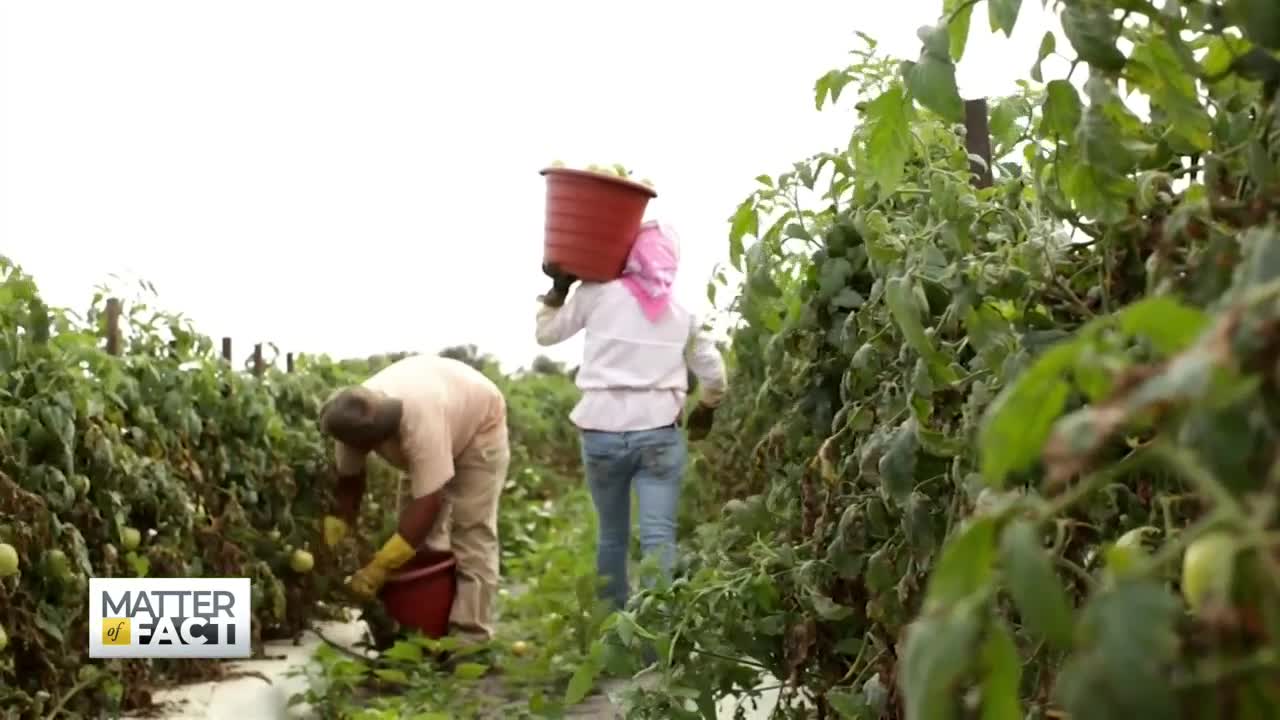
Since the start, the COVID-19 pandemic has disproportionately impacted vulnerable and minority communities, who have may little access to health care or can’t work from home. In May, Correspondent Jessica Gomez traveled to Immokalee, Florida. It’s a town of mostly migrant workers and is one of the hardest hit communities in the state. But even as cases continue to spread, many workers can’t afford to take off work even if they’re sick.
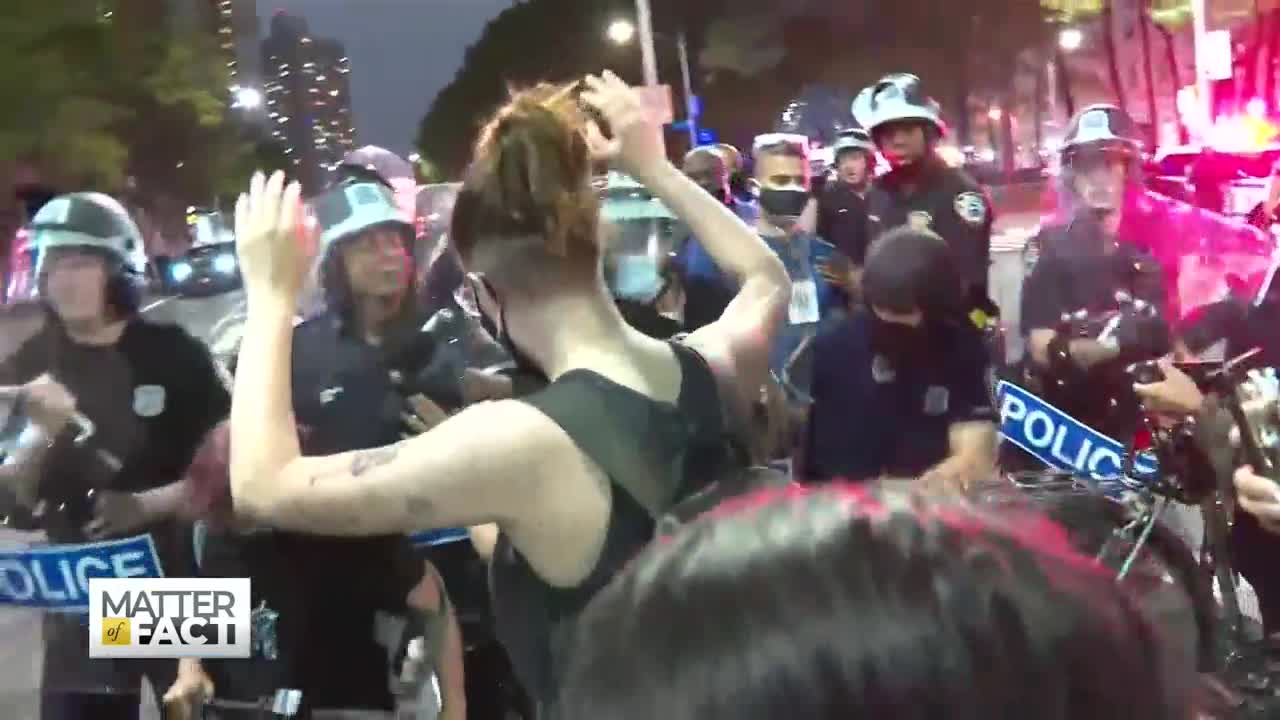
Trump supporters attacked the U.S. Capitol building, vandalized it and fought with law enforcement. At least one Capitol Hill police officer died and dozens more were hurt. Many watching the news coverage noted the stark difference in preparedness and response against those rioters and the Black Lives Matter protests last year. Dr. Rashawn Ray is a sociologist and a Brookings Institute David Rubenstein fellow. He also conducts implicit bias training for police departments and writes about policing in America. Soledad O’Brien spoke with him recently about fighting systemic racism.
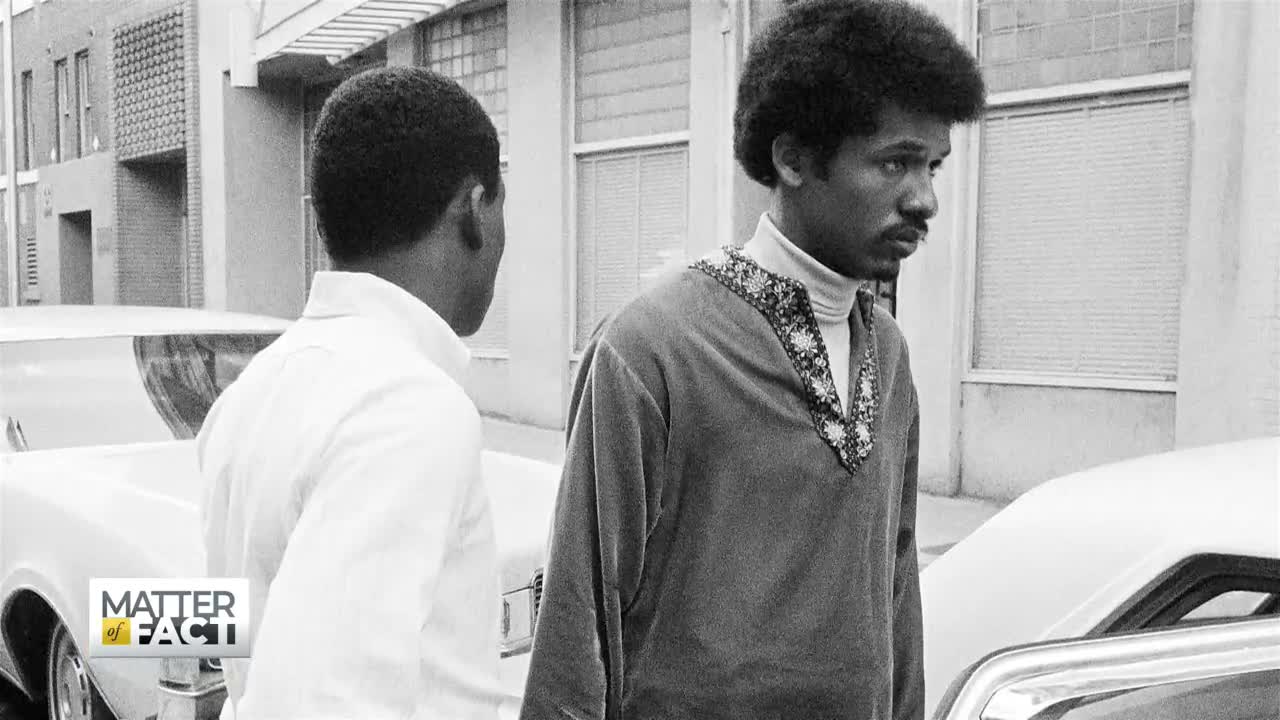
Bakari Sellers made history at just 22 years old. That’s when he because the youngest elected official in the South Carolina State Legislature and the youngest Black elected official in the U.S. Now, at age 35, he’s a political commentator, lawyer and author. His recent memoir, “My Vanishing Country,” begins with a story about his father’s arrest after a civil rights protest, 16 years before his birth. He was pardoned decades later. Soledad O’Brien spoke with Sellers about why he calls that the most important day of his life.
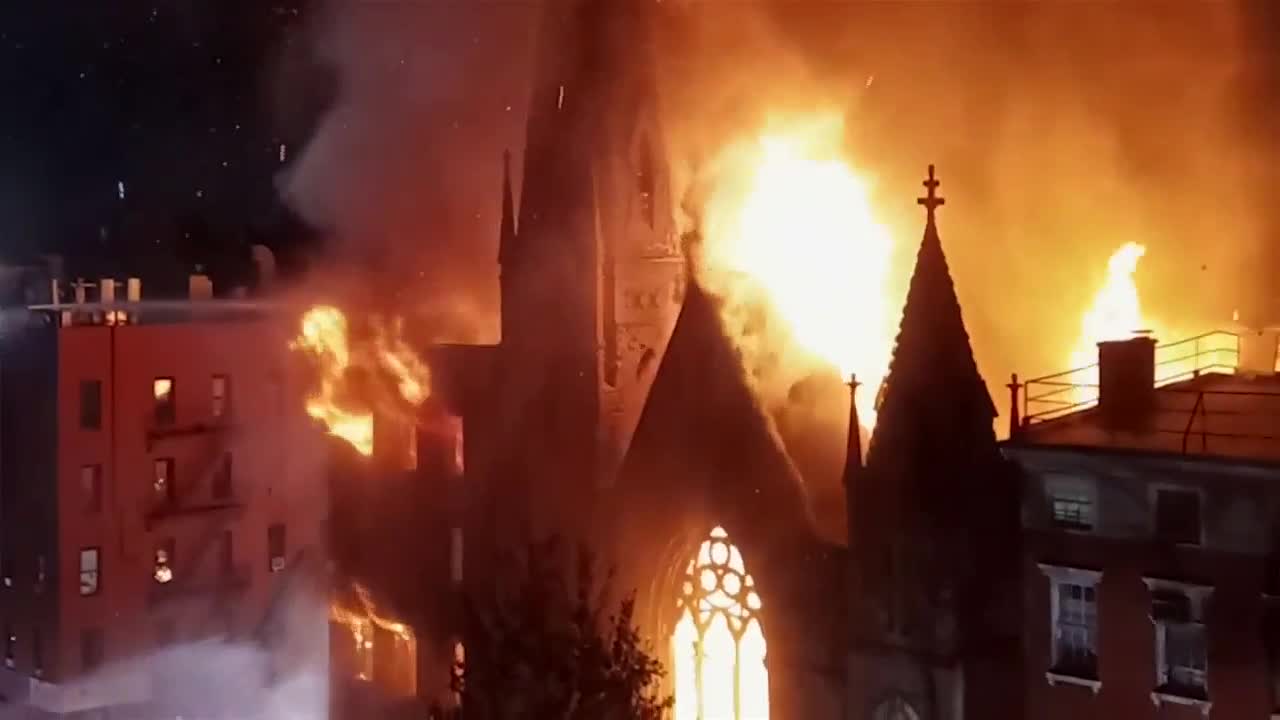
Just two weeks before Christmas, an electrical fire wreaked havoc on a nearly 300-year-old church in New York City. But the Middle Collegiate Church congregation is refusing to lose faith, even during their loss.

This week on Matter of Fact, we look at how the Latino community is struggling to make an economic comeback from the pandemic. Correspondent Jessica Gomez travels to Chicago to show us the challenges facing Latinos trying to get back on their feet. Plus, how a college is working to give lower income graduates a leg up without being crushed by student loan debt. And, health care workers have been fighting on the frontlines, struggling to keep patients alive at the hospital, and their families safe at home. We look at the journey of one ER doctor and his family.